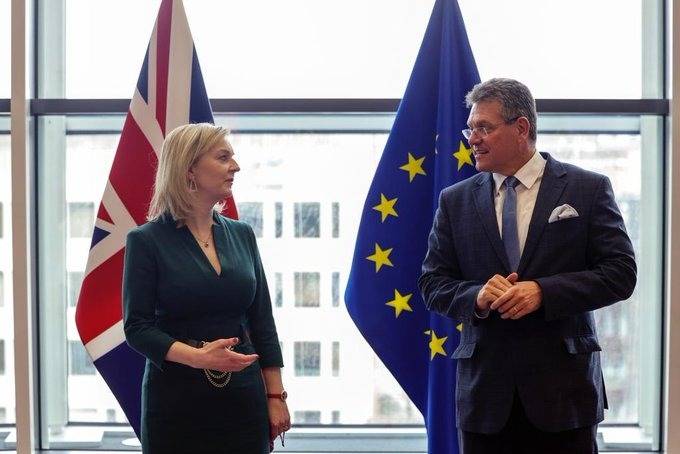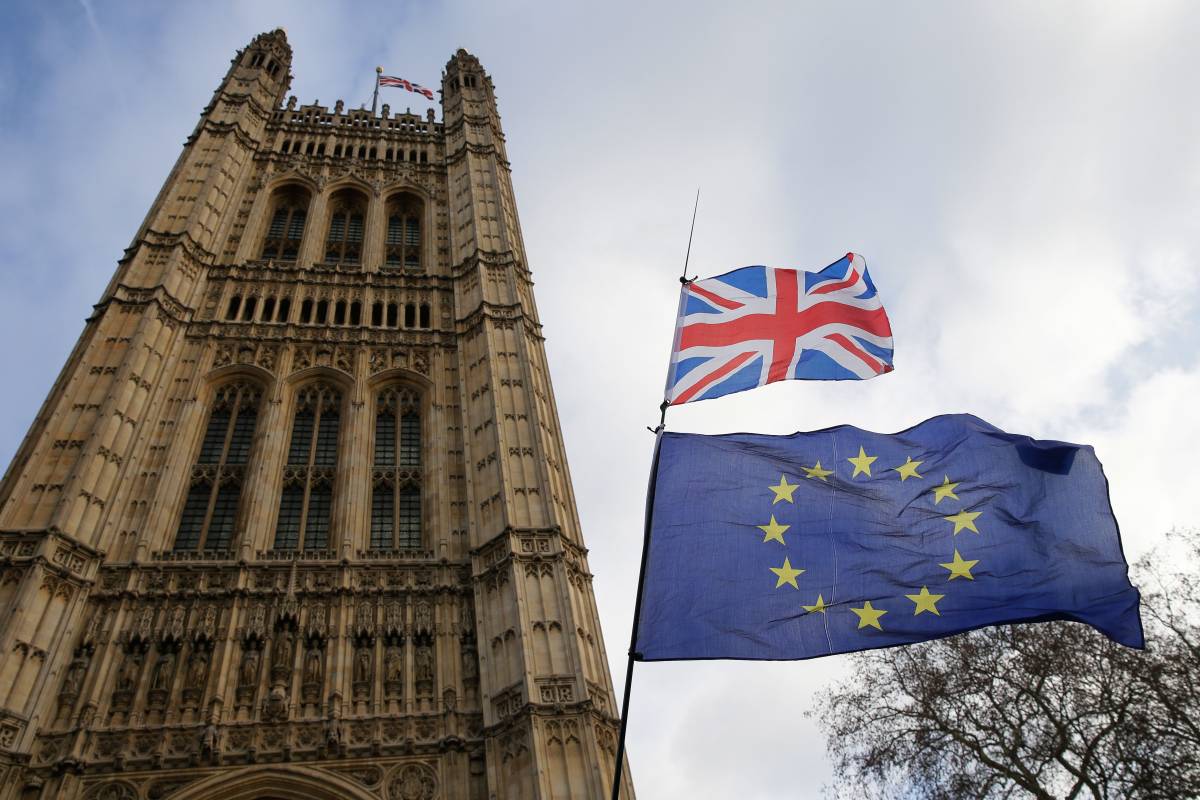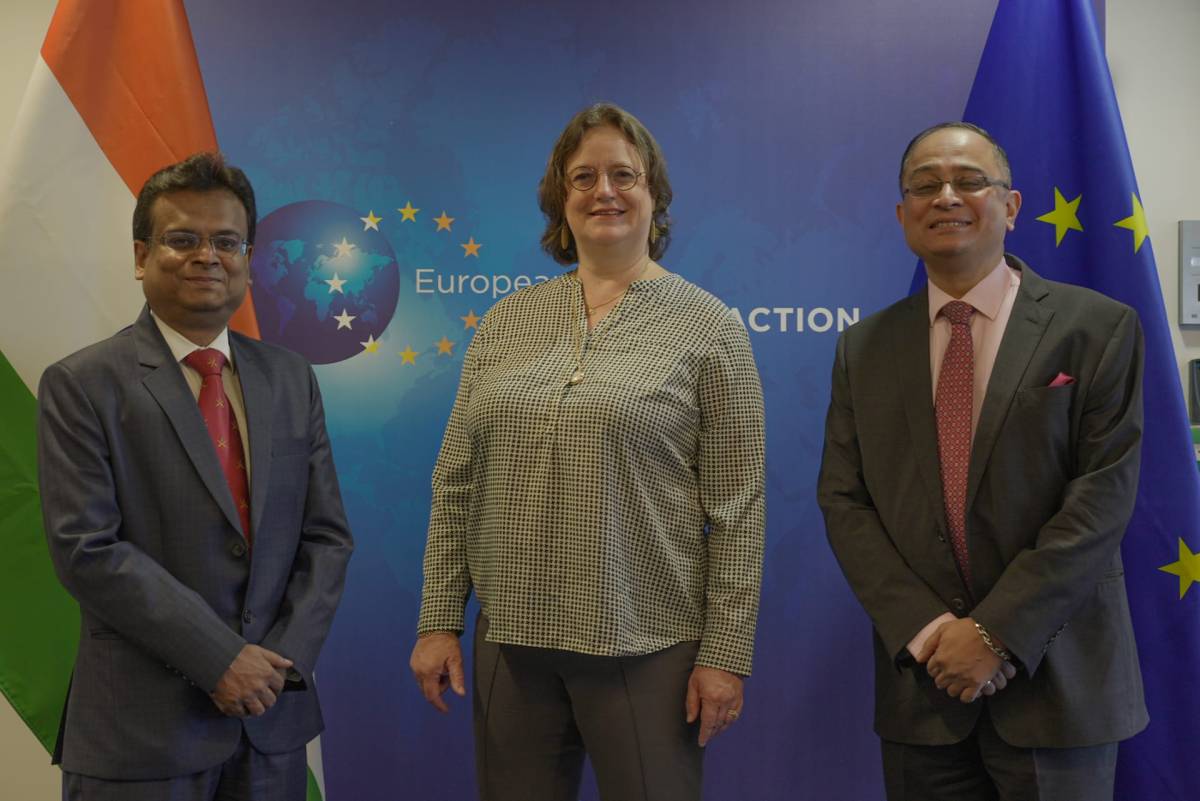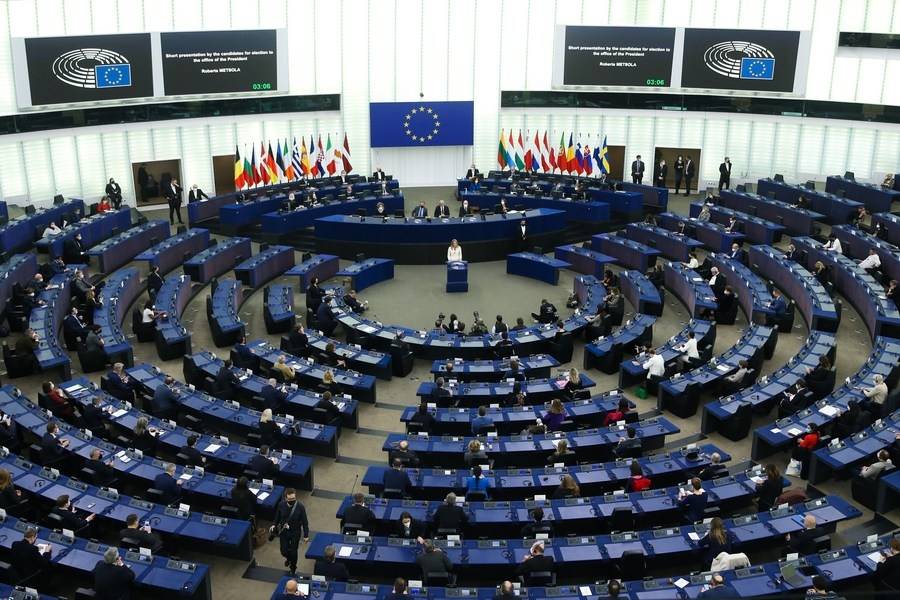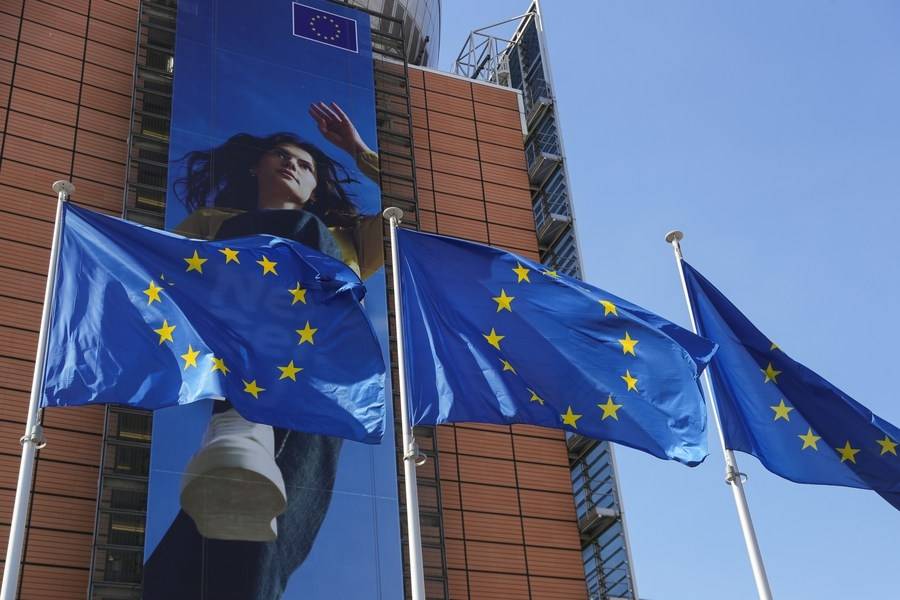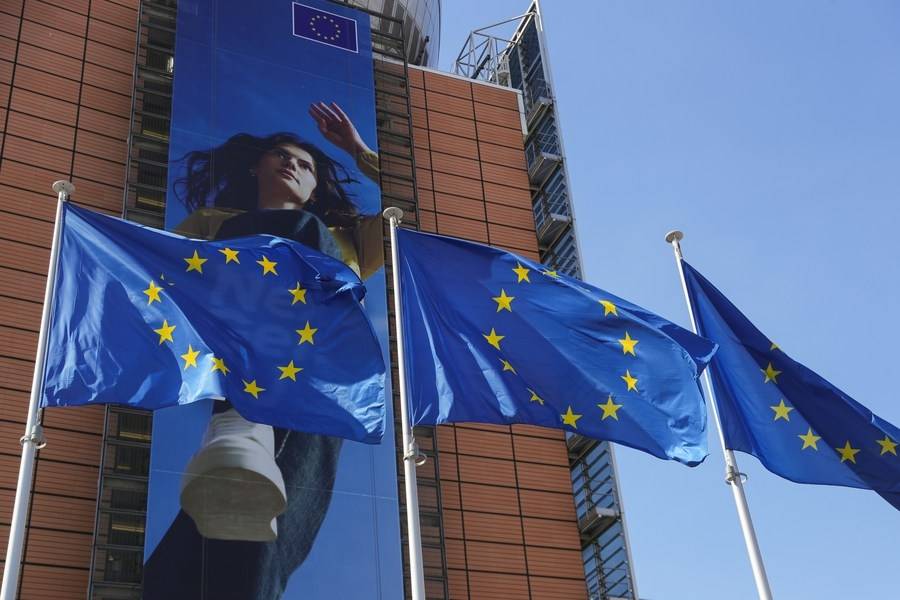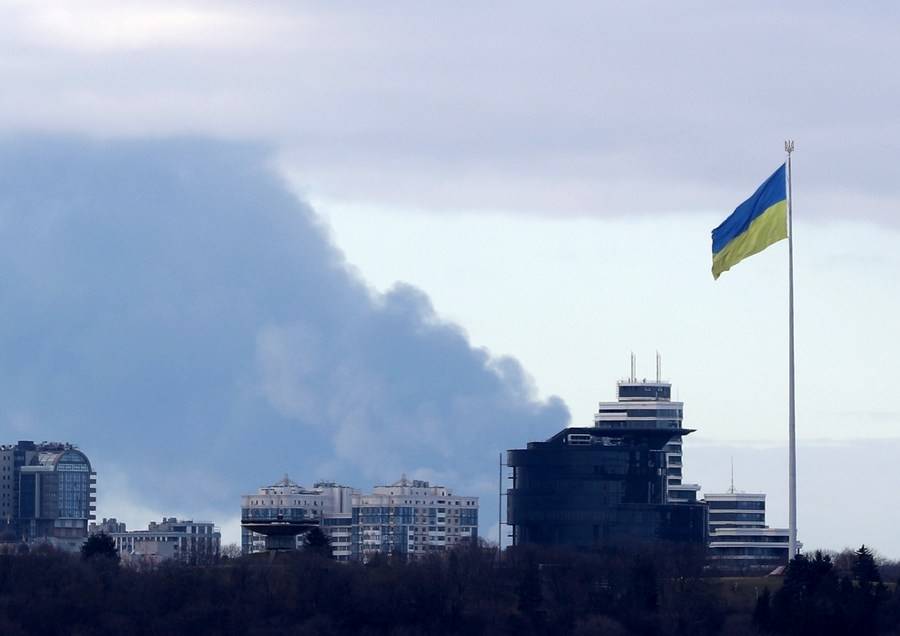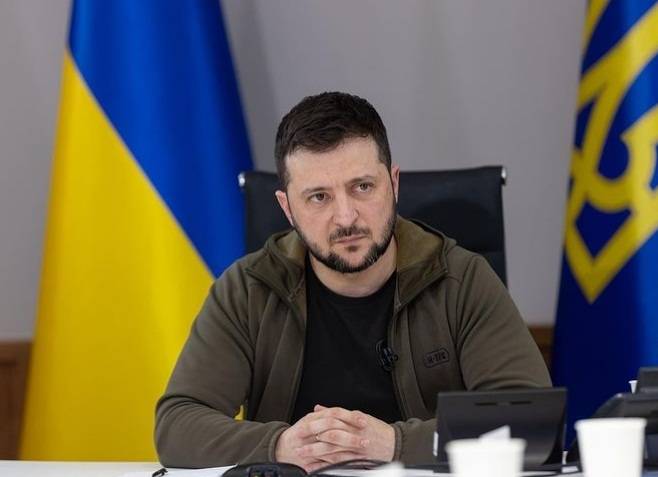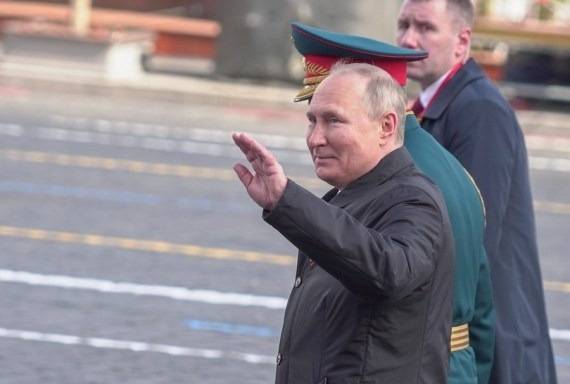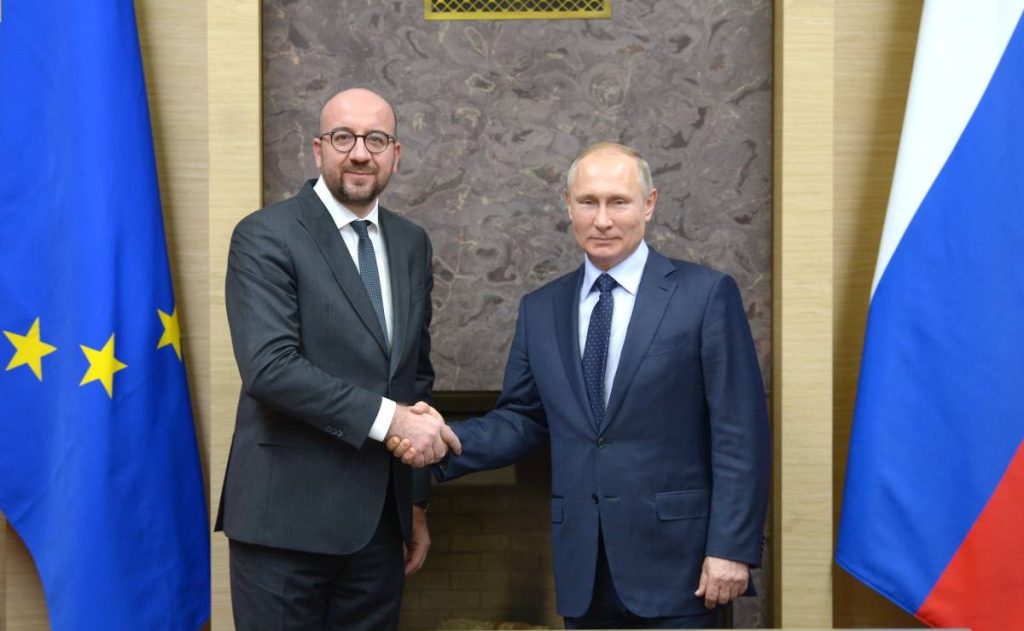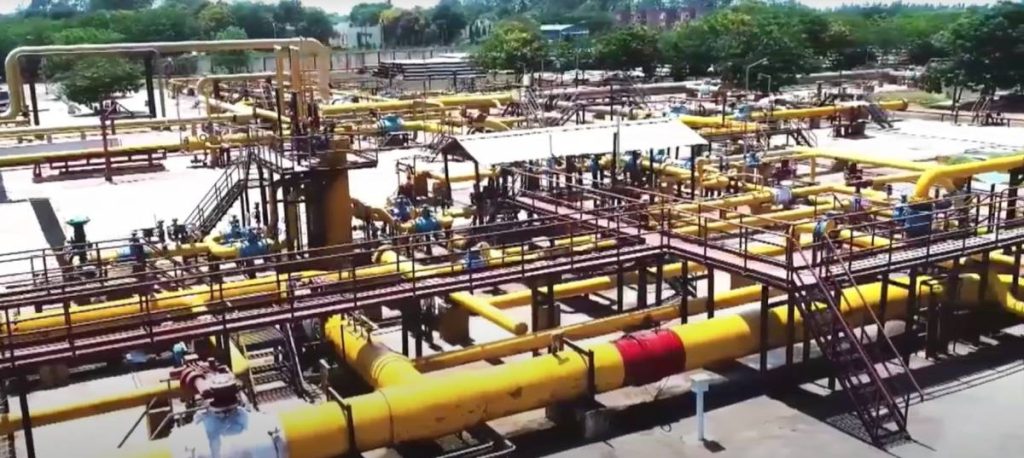European Commission Vice President Maros Sefcovic said on Monday that the UK’s unilateral action is damaging to mutual trust, reports Asian Lite Newsdesk
The European Union (EU) is expected to launch legal action against the UK government this week after the latter on Monday introduced a bill to change parts of the Northern Ireland Protocol, a post-Brexit trade deal.
The EU has said UK government’s unilateral action is damaging to mutual trust.
In a statement late Monday, the UK government said that the bill will allow it to address “the practical problems the Protocol has created in Northern Ireland” in four areas: burdensome customs processes; inflexible regulation; tax and spend discrepancies; and democratic governance issues, reports Xinhua news agency.
“These problems include disruption and diversion of trade and significant costs and bureaucracy for business,” it said.
They are also undermining the Belfast Good Friday Agreement, and have led to the collapse of the power-sharing arrangements at the Northern Ireland Assembly, the government said.
Signed in 1998 after three decades of conflict, the landmark Belfast Agreement established a power-sharing system of government, including an Executive and Assembly. It underpins peace in Northern Ireland, its constitutional settlement, and its institutions.
Recently, it has become more urgent that disputes over the protocol should be resolved since Sinn Fein, the Irish nationalist party, won the May 5 elections in Northern Ireland for the devolved Assembly.
Coming second in the elections, the pro-Brexit Democratic Unionist Party said it would not sit in the Assembly. The party is opposed to the Protocol, saying it creates a trade border in the Irish Sea.
Meanwhile, British Foreign Secretary Liz Truss said the bill “will end the untenable situation where people in Northern Ireland are treated differently to the rest of the UK, protect the supremacy of our courts and our territorial integrity”.
The Protocol has also deepened a rift between the UK and EU.
Under the Protocol, Northern Ireland is part of the UK’s customs territory but is subject to the EU’s customs code, value-added tax (VAT) rules and single market rules for goods.
Despite the two sides’ agreement in October 2019, the Protocol has caused divisions over how some of the rules should be implemented, particularly for goods moving from Britain to Northern Ireland.
“The UK has engaged extensively with the EU to resolve the problems with the Northern Ireland Protocol over the past 18 months,” the British government said in its statement ON Monday.
“However, it has become clear the EU proposals don’t address the core problems created by the Protocol. They would be worse than the status quo, requiring more paperwork and checks than today,” it added.
In response, European Commission Vice President Maros Sefcovic said on Monday that the UK’s unilateral action is damaging to mutual trust.
“Renegotiating the Protocol is unrealistic. No workable alternative solution has been found to this delicate, long-negotiated balance.”
The European Commission said it will consider continuing the infringement procedure which was launched against the UK government in March 2021, but subsequently put on hold.
The Commission will also consider launching new infringement procedures that protect the EU Single Market from the risks that the violation of the Protocol creates for businesses and for the health and safety of the bloc’s citizens, according to Sefcovic.
ALSO READ-UK GDP declines by 0.3%

